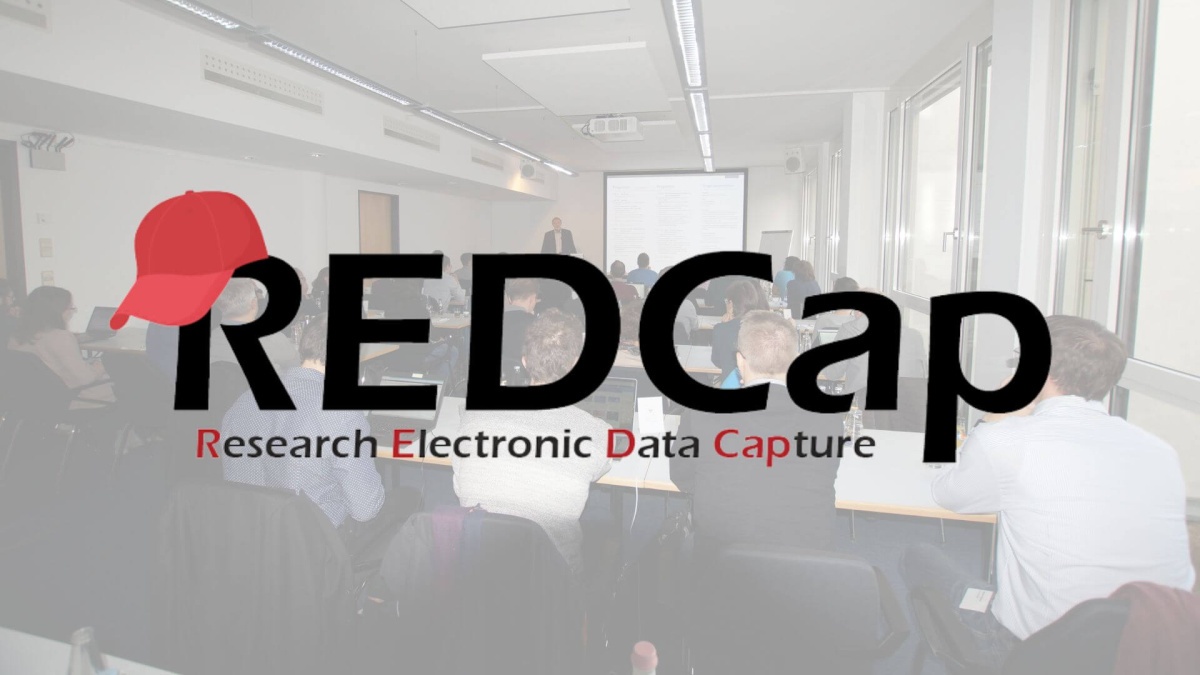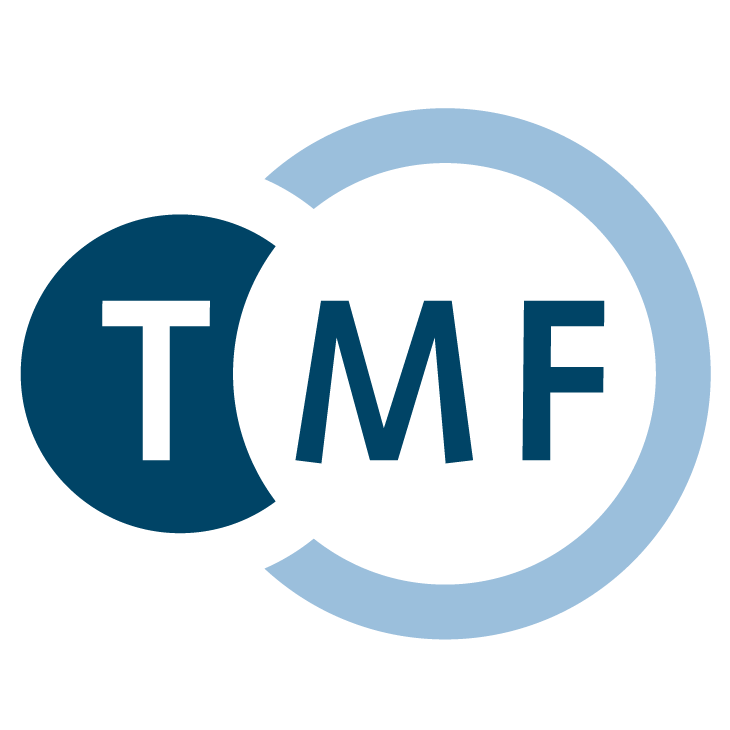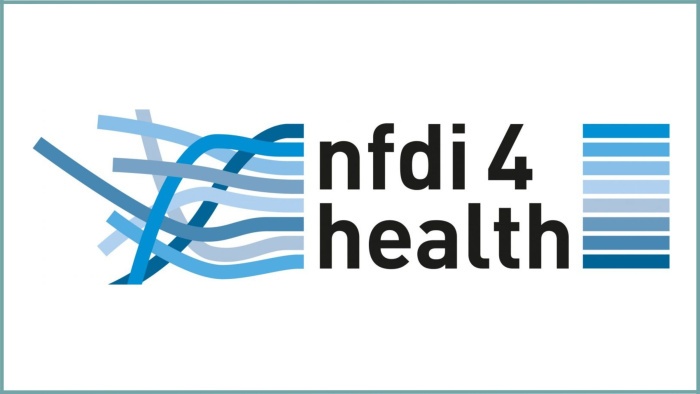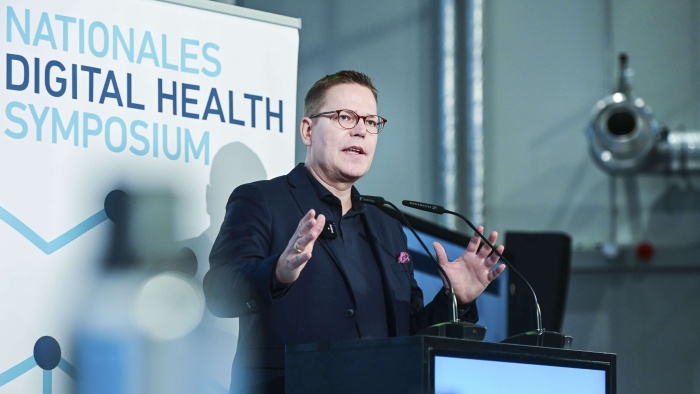New RedCap User Group

On October 2, 2020, in Berlin, REDCap users from across Germany founded a German REDCap User Group on the initiative of the TMF – Technology and Methods Platform for Networked Medical Research. The new German-speaking User Group aims to promote an exchange of experiences and networking among REDCap users and consolidate community interests. Dr. Peter Brunecker, Charité initiated the establishment – Universitätsmedizin Berlin, Andreas Hetey, Berlin Institute of Health, and Michael Kraemer, Charité – Universitätsmedizin Berlin.
REDCap – short for Research Electronic Data Capture - is a user-friendly web application for creating and managing online surveys and databases, especially for medical and translational research projects. REDCap was developed at Vanderbilt University (USA) and is provided through the international REDCap Consortium, which now includes thousands of institutions in more than a hundred countries. The browser-based, metadata-driven software solution for electronic data capture methodically supports the database design workflow for clinical and translational research. REDCap has been experiencing a steadily increasing number of users utilizing this web application for clinical research.
Redcap Relies on Active International Community Support
There are already various user groups in the international REDCap community for different languages, such as in English- or Spanish-speaking regions. These user groups serve, among other things, for collective problem-solving and formulating goals or interests within the community. Against this backdrop, there has been an intention to initiate a German-speaking international "DE-Usergroup" for the DACH region. "The Vanderbilt University, leading the REDCap Consortium, expressly welcomes the establishment of a DE-Usergroup," explained Paul Harris from Vanderbilt University at the founding event. The DE-Usergroup will be represented, among other things, by its own namespace in the international community forum and a presentation at the annual worldwide REDCap Conference.
Establishment of the German Redcap User Group Consolidates the Interests of the European Research Community
The project follows an important guiding principle of the TMF by advancing the approach of structured electronic data capture, thereby supporting the further usability of data collections regarding Secondary Use. It thus complements the strategic orientation of other TMF projects on Electronic Data Capture or supporting the use of open-source software (OpenClinica Community, i2b2 User Group). "With the support of the establishment of a German-speaking User Group, the TMF makes a significant contribution to the systematic networking of REDCap users from the academic sector," welcomed Dr. Johannes Drepper from the TMF at the founding event in Berlin. "The establishment of the REDCap User Group is an important step to uphold and represent the interests of the European academic research within this global consortium, which is currently still strongly influenced by the legal framework of North American countries," explained Sebastian C. Semler, Managing Director of the TMF.
Active Exchange at the Founding Meeting of the German User Group
Andreas Hetey (Clinical Study Center, Charité / Berlin Institute of Health (BIH), Berlin) provided participants of the founding meeting of the German-speaking REDCap User Group (German User Group, GUG) with comprehensive insights into the practical uses of REDCap. Additionally, he, together with Michael Krämer (Charité – Department of IT / BIH – Core Facility IT, Berlin) and Dr. Günther Rezniczek (Marien Hospital Herne, Ruhr-Universität Bochum), informed about current events and outlooks discussed at the international REDCap Conference REDCapCon 2020.
Furthermore, Dr. Peter Brunecker (Charité – Department of IT / BIH – Core Facility IT, Berlin) demonstrated how the use of REDCap entered everyday research life at Charité.
Moreover, there was already an active user exchange at the first meeting, which included both sharing personal experiences and discussing future communication formats of the User Group. Establishing workgroups to address individual topics of a German-speaking User Group was discussed – such as a workgroup for translating the REDCap user interface. The results of the various workgroups could be deposited in a wiki that is also planned for the User Group. This is intended exclusively for exchanging documents and information related to the German User Group. Additionally, a platform on GitHub is planned to be created where collaborative code and snippets can be developed and shared.
Finally, Dr. Peter Brunecker and Dr. Günther Rezniczek were appointed as spokespeople.
Press Contact
Wiebke Lesch
Press and Public Relations
Phone: 030 22 00 24 731
E-mail: presse@tmf-ev.de
Further Information
Downloads
| Anhang | Size |
|---|---|
| Peter Brunecker: REDCap @ Charité & BIH A Look Back | 2.95 MB |
| Anhang | Size |
|---|---|
| Andreas Hetey: Creative Uses of REDCap Selection | 4.76 MB |
| Anhang | Size |
|---|---|
| Andreas Hetey: RedCap Intro Hands-Off Workshop | 2.56 MB |
| Anhang | Size |
|---|---|
| Dr. Günther Rezniczek: Innovations of the Last Year | 989.39 KB |
| Anhang | Size |
|---|---|
| Dr. Günther Rezniczek: Intro Slides | 112.32 KB |
| Anhang | Size |
|---|---|
| Dr. Günther Rezniczek: AG Translation | 176.65 KB |

About the TMF
The TMF – Technology and Methods Platform for Networked Medical Research (TMF for short) is the umbrella organization for collaborative medical research in Germany. Founded on May 1, 1999, on the initiative of the Federal Ministry of Education and Research, the TMF has since brought together researchers from various disciplines to jointly develop concepts, infrastructures, and methods for research. Organized as a non-profit association, TMF makes these solutions freely and publicly available. In particular, large consortium projects and flagship projects such as the current Medical Informatics Initiative are supported by TMF in terms of content and organization through the sponsorship of accompanying structures. By pooling resources, TMF makes an important contribution to efficient cutting-edge medical research in Germany.


